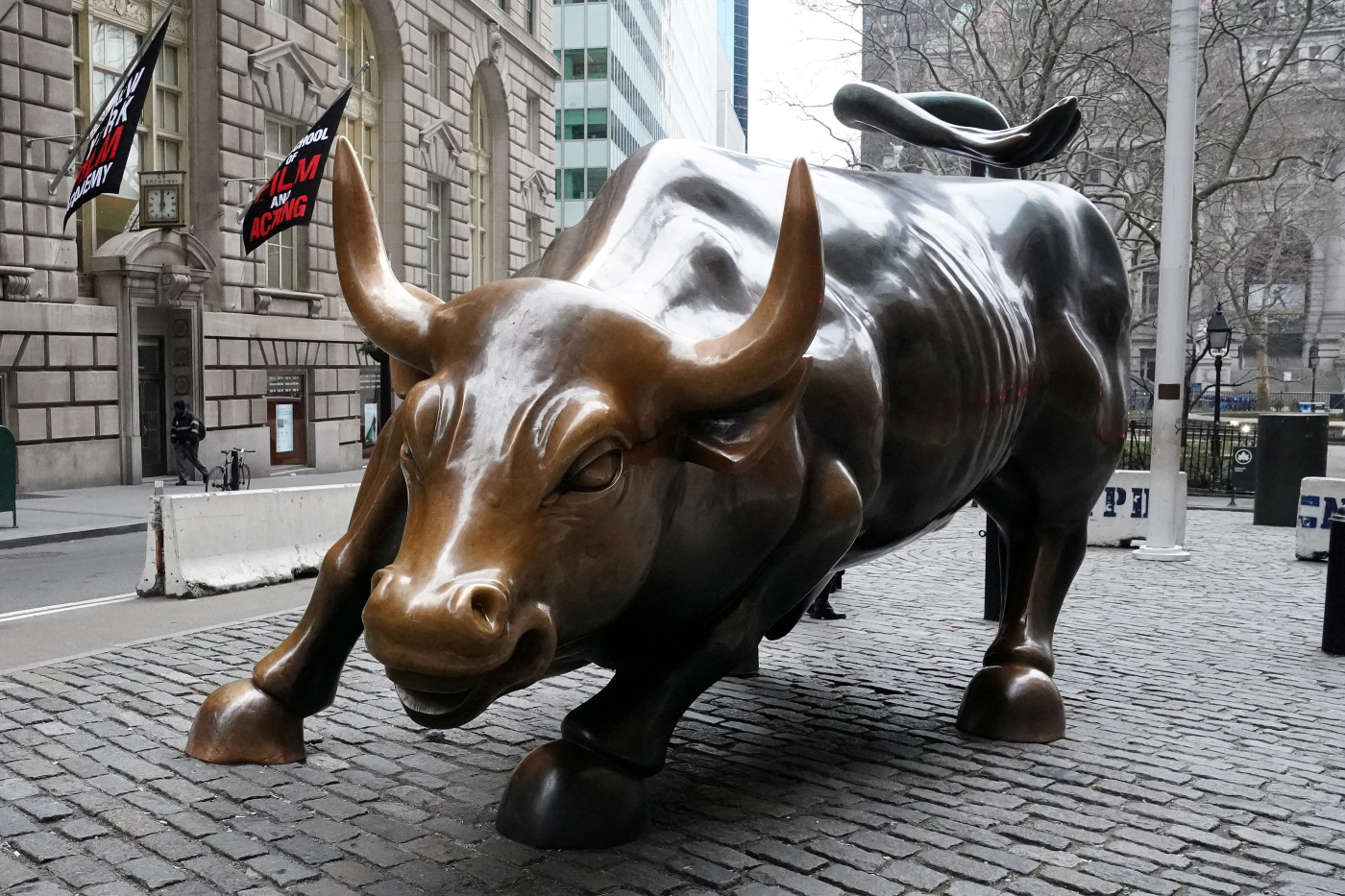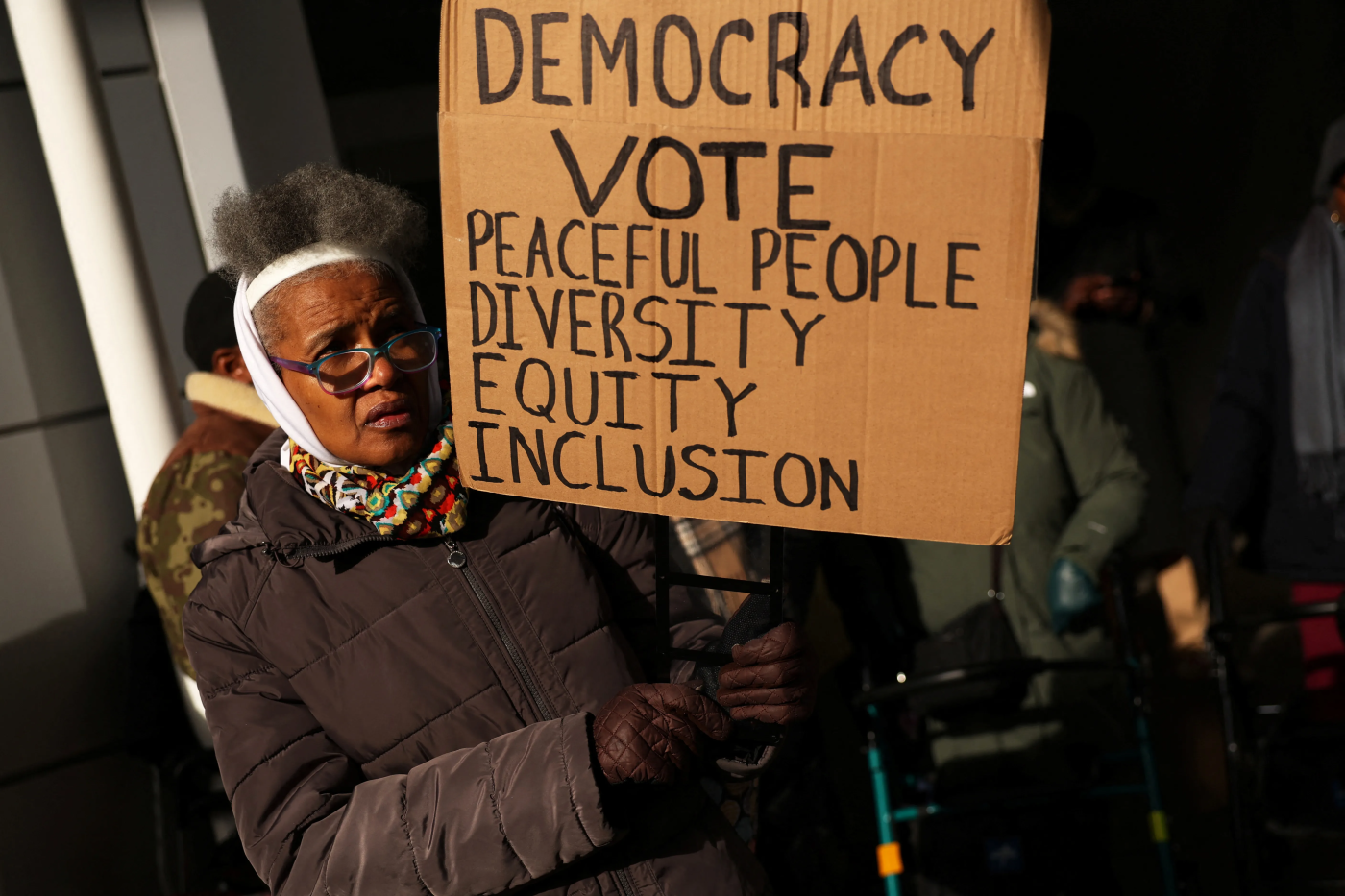
Health companies return $2.6 trillion to shareholders over time amid rising medical costs
Consumers have grown accustomed to rising prices and red tape when filing a health insurance claim or filling a prescription. But for investors, health care has proven to be a lucrative industry to grow their returns.
Payouts to shareholders of large publicly traded health companies more than tripled over the past two decades, new research shows. In 2022, these companies paid $170 billion to shareholders in dividends and stock buybacks, a 315% increase over the $54 billion paid out in 2001, according to a study published Monday in peer-reviewed JAMA Internal Medicine.
A total of 92 companies that appeared in the broad S&P 500 index returned $2.6 trillion to shareholders from 2001 through 2022, according to the study.
The study highlights the flow of money in health care at a time when many patients struggle with rising bills and medical debt.
Consumers and employers ultimately contributed to corporate health profits by paying for insurance premiums, out-of-pocket medical bills and taxes, according to Victor Roy, a physician and researcher at the University of Pennsylvania, Penn Presbyterian Medical Center, who led the study.
Need a break? Play the USA TODAY Daily Crossword Puzzle.
"The fact that that money goes to shareholders, at this scale, is something that we should have as part of our public debate," Roy said. "We should care about whether this is the most effective way for allocating the dollars that come from all of us."
These health companies made 80% of profits
Taxpayers underwrite most of the nation's health care spending through tax breaks and direct spending on programs such as Medicare, which covers adults 65 and older, and Medicaid, which covers low-income families. Employers who provide health insurance to workers and their families also get tax benefits, and nonprofit hospitals get billions in federal, state and local tax breaks.
Roy teamed with Yale University researchers to calculate how much money large health care corporations returned to shareholders.
The researchers collected data on 92 health-related companies that appeared in the S&P 500 index for at least three months between 2001 and 2022. They calculated corporate profits returned as dividends or share buybacks, which describes companies that repurchase shares to shore up a firm's share value.
The study said 19 companies made about 80% of the total payouts over this period. Drug companies dominated list with Pfizer, Johnson & Johnson, Merck, and Amgen paying out the most lucrative returns, the study said. UnitedHealth Group, the health insurance giant that also owns the pharmacy benefit manager Optum Rx, ranked 5th.
Pharmaceutical companies collectively returned $1.2 trillion over the two-plus decades. Biotechnology and managed care companies ranked 2nd and 3rd on shareholder payouts, the study said.
Health care profit: A value question for society?
Roy said large health companies that choose to reward investors instead of returning money to health system often seek to grow profit by raising prices. He cited examples of pharmaceutical companies raising drug prices or health insurers hiking monthly premiums.
But he cautioned the study isn't meant to be a comprehensive look at all money that flows through health care.
The study didn't address private equity investors that have targeted specialty practices in certain states and metro regions. A National Bureau of Economic Research paper by researchers from Yale, Northwestern and the University of Chicago revealed 18 metro regions found serial anesthesiology acquisitions, known as "rollups," resulted in fewer provider choices and higher bills for consumers.
Nonprofit hospitals collect billions in federal, state and local tax breaks. One study by Johns Hopkins University and Texas Christian University researchers estimated the nation's nearly 3,000 nonprofit hospitals were spared $37.4 billion in federal, state and local taxes in 2021.
Dr. Vikas Saini, president of the Lown Institute, a Massachusetts-based health think tank, said the Roy's study raises an important question. How much profit is reasonable given U.S. taxpayers pay for a significant amount of health spending?
"It's a value question for the society," Saini said. "Is there a point where it's perfectly reasonable or is there a point where it's totally obscene? Clearly, for shareholders, it's not obscene. They love it."
Health care regulation, lack of competition to blame
Other academics who study health care pricing say they don't see a problem with publicly-traded companies profiting from health care.
Ge Bai, Johns Hopkins University professor of accounting and health policy and management, said most successful industries reward shareholders only when they are able to deliver better, cheaper products for consumers.
Bai said the real culprit in health care's wasteful spending is a market that is heavily regulated and anticompetitive.
"When companies’ revenue depends on government programs and regulations, they can drive up healthcare prices and lower quality while still making a lot of money," Bai said.

Saini said comparing health care to other sectors is impossible due the unique nature of the U.S. health care system.
Pharmaceutical companies often employ strategies to extend patents for brand name drugs and delay competition from generics. Hospitals have been slow to comply with price transparency rules that would give consumers the option to shop and compare prices for non-emergency care. And even though more data on health quality has trickled out, relatively few consumers search for this information when selecting a surgeon, Saini said.
"The whole idea that that there's a functioning market is a fantasy," Saini said "Given that fact, the way money flows is not at all rational, and that's why we get what we get in terms of the prices of everything."
Ken Alltucker is on X at @kalltucker, contact him by email at [email protected].

